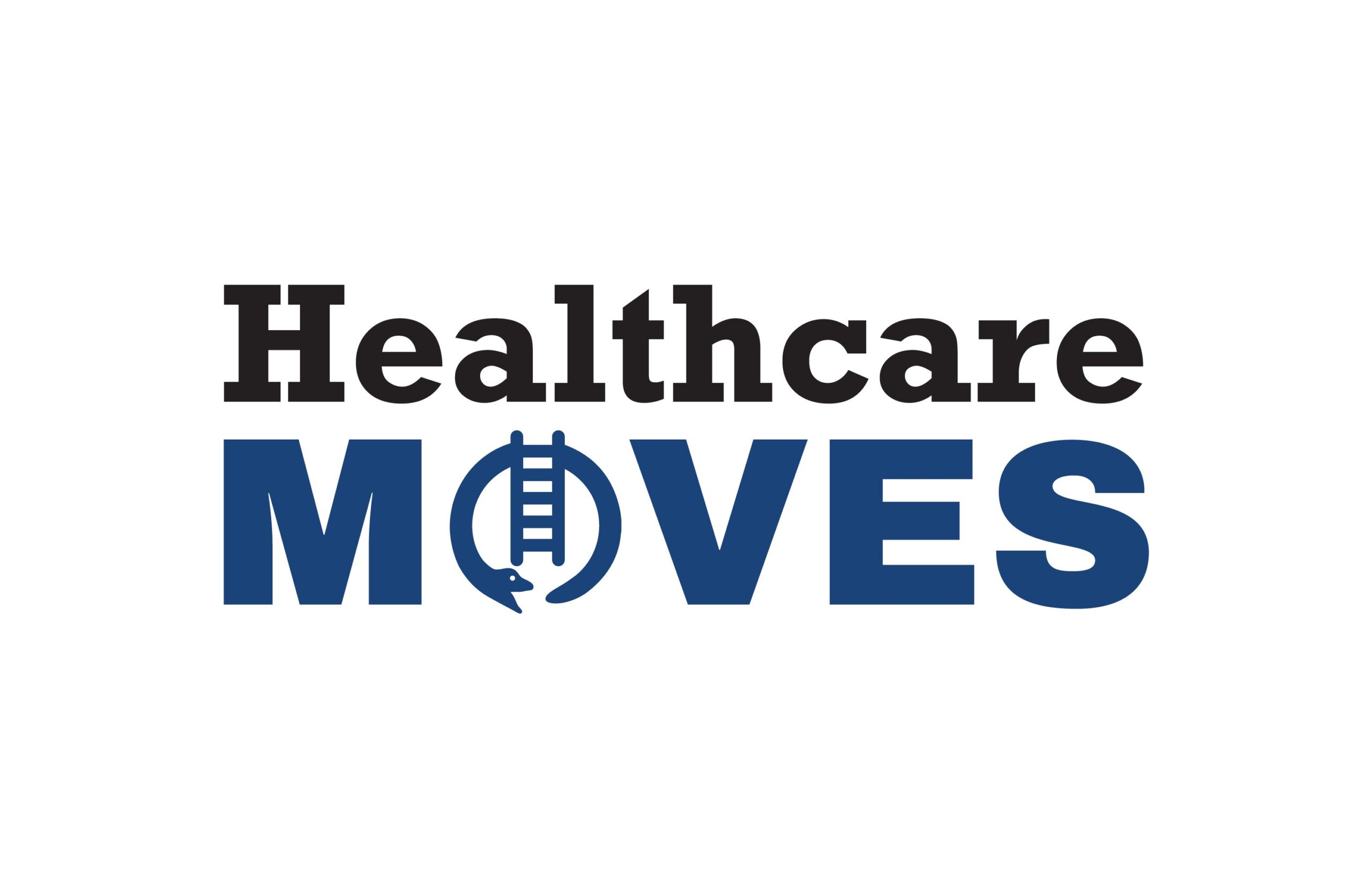The company commercializing what’s being called the world’s first bionic eye is reloading with some fresh capital before its U.S launch.
Sylmar, California-based Second Sight Medical has its sights set on a $10.5 million round, according to a new U.S. Securities and Exchange Commission filing made this week.
Company execs couldn’t comment on details of the round but noted that they recently announced the 12 medical centers that will offer the company’s bionic eye system when it launches later this year, including Duke University Hospital, University of Michigan Kellogg Eye Center, University of Illinois Hospital and University Hospitals in Cleveland.

With the Rise of AI, What IP Disputes in Healthcare Are Likely to Emerge?
Munck Wilson Mandala Partner Greg Howison shared his perspective on some of the legal ramifications around AI, IP, connected devices and the data they generate, in response to emailed questions.
Second Sight’s Argus II Retinal Prosthesis System is designed to restore partial vision to people with the degenerative eye disease retinitis pigmentosa. Inspired by cochlear implants for the ear, the system comprises a retinal implant that’s surgically placed in the back of a patient’s eye, a wireless camera that’s mounted on a pair of glasses and an externally worn video processing unit. The camera captures and transmits light to the VPU, where it’s translated into “instructions” and sent back to the glasses. Then, the glasses send a wireless signal to the retinal implant, which stimulates the nondamaged cells in the retina.
While the system won’t fully restore sight, it may enable people with RP to detect light and dark in the environment and identify the location or movement of objects.
After two decades of research and development, the device got clearance from the U.S. Food and Drug Administration back in February under the humanitarian device exemption. Efficacy of the device has not yet been evaluated by the FDA, but the regulatory agency has deemed it safe enough to be used in clinical testing in the U.S. Argus II is already commercially available in Europe and Saudi Arabia, and just launched in the Netherlands.
Company execs told MedCity News they’re also planning clinical studies to explore new indications for the device.












